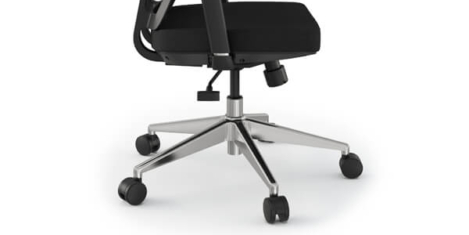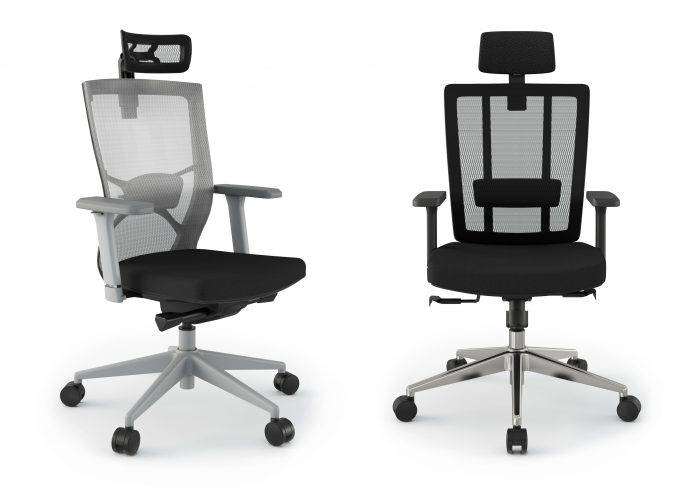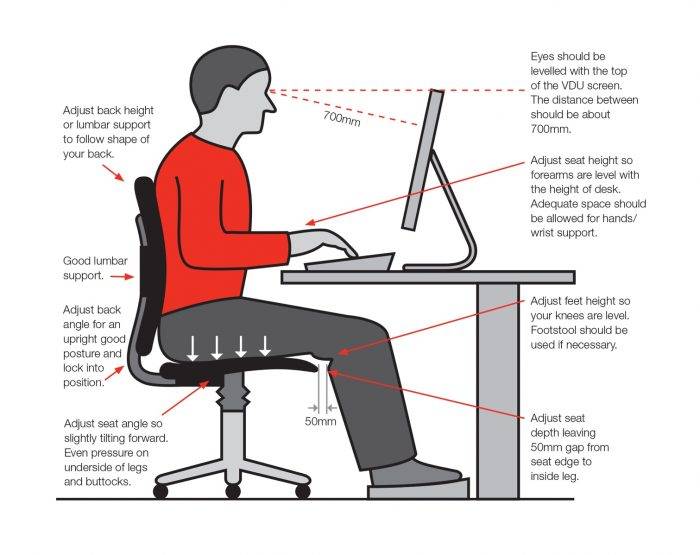To provide the best experiences, we use technologies like cookies to store and/or access device information. Consenting to these technologies will allow us to process data such as browsing behaviour or unique IDs on this site. Not consenting or withdrawing consent, may adversely affect certain features and functions.
The technical storage or access is strictly necessary for the legitimate purpose of enabling the use of a specific service explicitly requested by the subscriber or user, or for the sole purpose of carrying out the transmission of a communication over an electronic communications network.
The technical storage or access is necessary for the legitimate purpose of storing preferences that are not requested by the subscriber or user.
The technical storage or access that is used exclusively for statistical purposes.
The technical storage or access that is used exclusively for anonymous statistical purposes. Without a subpoena, voluntary compliance on the part of your Internet Service Provider, or additional records from a third party, information stored or retrieved for this purpose alone cannot usually be used to identify you.
The technical storage or access is required to create user profiles to send advertising, or to track the user on a website or across several websites for similar marketing purposes.
 Companies are being overwhelmed by innovation projects, fewer than half of which even make it to market. That is according to a new report from Oracle, based on a poll of more than 5,000 decision makers from 24 countries. Despite what the report claims is a clear link between growth and innovation, organisations are being held back by poor processes and a lack of focus. The report suggests that innovation barriers are particularly pronounced amongst big companies, as well as companies experiencing higher growth rates.
Companies are being overwhelmed by innovation projects, fewer than half of which even make it to market. That is according to a new report from Oracle, based on a poll of more than 5,000 decision makers from 24 countries. Despite what the report claims is a clear link between growth and innovation, organisations are being held back by poor processes and a lack of focus. The report suggests that innovation barriers are particularly pronounced amongst big companies, as well as companies experiencing higher growth rates.


























 Over half of workers (53 percent) believe that getting the right people with the right skills will be the biggest issue faced by their workplace in the year ahead. This is according to research published by Acas today, which commissioned YouGov to find out what UK employees identified as the most important workplace issues in the year ahead. The other two top issues identified were technological change (36 percent) and productivity (36 percent). Other issues identified by participants in the poll included fit and healthy staff (18 percent) and Equality and Fairness (17 percent). Acas Chief Exec, Susan Clews, said: “Employees feel that getting workers with the right skills is a key concern in the year ahead. This could be attributed to uncertainty around our relationship with the EU at the moment or general concerns around skills shortages.
Over half of workers (53 percent) believe that getting the right people with the right skills will be the biggest issue faced by their workplace in the year ahead. This is according to research published by Acas today, which commissioned YouGov to find out what UK employees identified as the most important workplace issues in the year ahead. The other two top issues identified were technological change (36 percent) and productivity (36 percent). Other issues identified by participants in the poll included fit and healthy staff (18 percent) and Equality and Fairness (17 percent). Acas Chief Exec, Susan Clews, said: “Employees feel that getting workers with the right skills is a key concern in the year ahead. This could be attributed to uncertainty around our relationship with the EU at the moment or general concerns around skills shortages.







February 14, 2019
Digital transformation requires more than just new technology
by Arnab Banerjee • Comment, Technology
(more…)